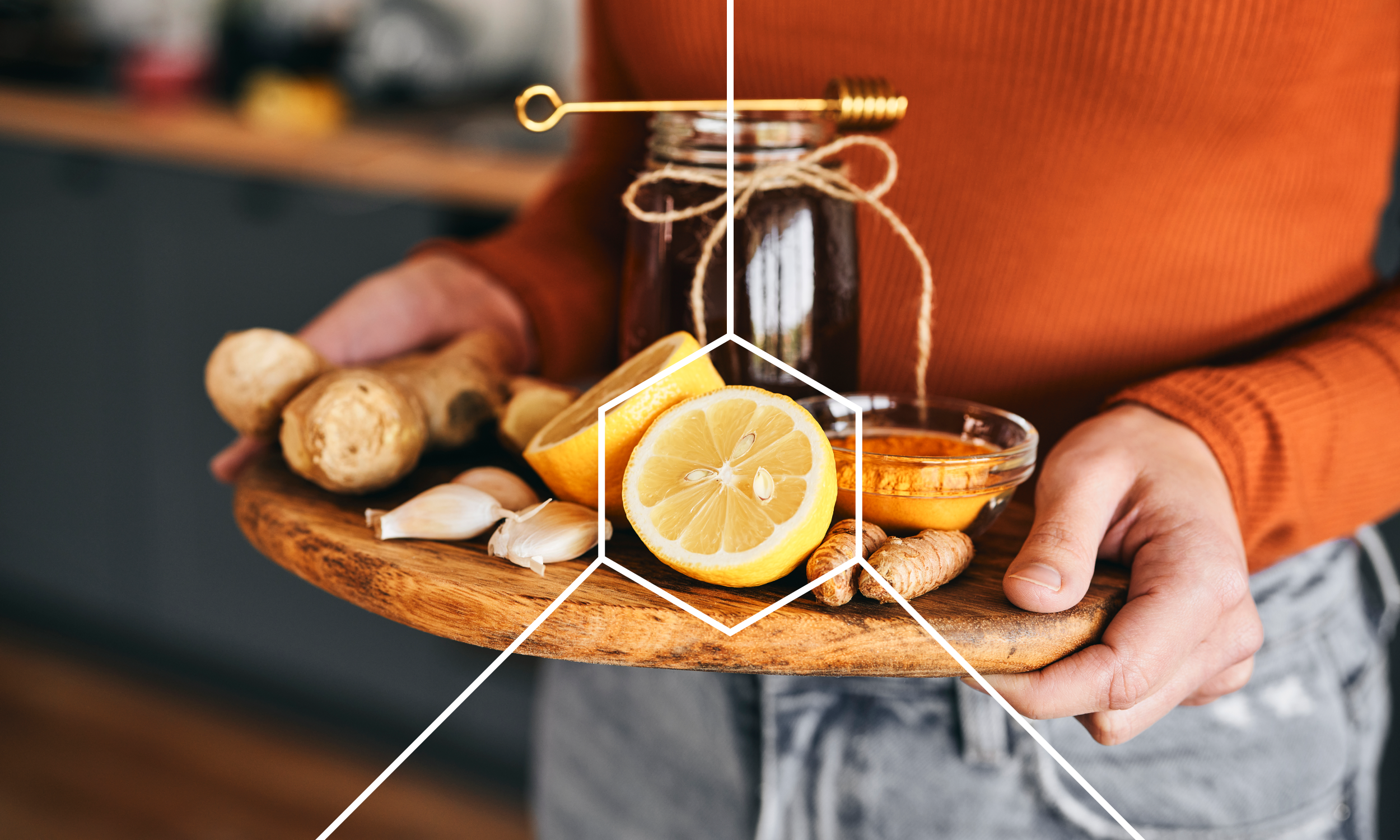
Our bodies are truthfully a marvel. There are trillions of cell and bodily functions that work hand-in-hand to keep us healthy. There are also countless numbers of harmful cells and invaders that pose a significant threat to our health. Molecules such as antioxidants can help combat these harmful cells. In today’s article, we will go over what an antioxidant is, examples of antioxidants, and foods that are high in antioxidants.
What is an Antioxidant?
If you follow health trends, then chances are you have heard of antioxidants. These molecules are found throughout our body and work tirelessly to fight off pesky free radicals. Free radicals are compounds that can cause harm if their levels become too high. Too many free radicals can lead to illnesses, diabetes, heart disease, and cancer.
Our body produces antioxidants, but they can also be found in certain foods. This is why professional nutritionists often recommend diets that feature antioxidant-rich foods. We will go over what some of these foods are later in the article.
What is an Example of an Antioxidant?
Since antioxidants can be artificial, it’s important to understand what exactly an antioxidant is, so you know what you’re putting into your body. Examples of an antioxidant include vitamin C, vitamin E, selenium, beta-carotene, lycopene, lutein, and zeaxanthin. It’s important to note that research into antioxidant supplements has yielded mixed results.
It should also be noted that some researchers believe the benefit of an antioxidant-rich diet comes from the other substances present in the same foods. Further research is required to better understand how antioxidants can help improve our overall well-being. Experts also recommend caution when using antioxidant supplements.
What Does an Antioxidant Do?
Antioxidants work to protect against the cell damage that free radicals can cause throughout the body. This damage is known as oxidative stress. If left unchecked, these free radicals can lead to long-term health effects that can greatly lower your quality of life. Some of the activities that can lead to oxidative stress include:
- Mitochondrial activity
- Excessive exercise
- Smoking
- Environmental pollution
- Ozone
- Exposure to chemicals
- Consumption of processed foods
Exposure to anything listed above can lead to an excessive release of free iron or copper ions. It can also lead to an increase in enzymes that generate free radicals. A doctor will be able to determine whether or not you are in need of more antioxidants.
What is a Natural Antioxidant?
Natural antioxidants are present in fruits and vegetables and are divided into three groups: vitamins, carotenoids, and phenolic compounds. Some natural antioxidants include:
- Glutathione
- Vitamin C
- Sunflower seed and wheat germ oil
- Vitamin E
- Polyphenols
- Resveratol
- The red grains of pomegranates
- Lycopene
- Astaxanthin
Natural antioxidants are very important to a person’s health.
Where do You Find Antioxidants?
Knowing the answer to the question “where are antioxidants found?” can help you fight off free radicals. Plant foods are rich sources of antioxidants. They are often found in foods including nuts, whole grains, meats, poultry, and fish. Some other sources of antioxidants include:
- Anthocyanins - often found in eggplants, grapes, and berries
- Copper - often found in seafood, lean meat, milk, and nuts
- Flavonoids - often found in tea, citrus, red wine, onion
- Lutein - often found in green tea, citrus fruits, red wine, and onions
- Polyphenols - often found in thyme and oregano
- Selenium - often found in seafood, offal, lean meat, and whole grains
- Vitamin A - often found in liver, sweet potatoes, carrots, and milk
- Zinc - often found in seafood, lean meat, milk, and nuts
- Zoochemical - often found in red meat, offal, and fish
Getting antioxidants through plants is a great way to take care of your body.
Is Coffee Considered an Antioxidant?
A popular question is whether or not coffee is considered an antioxidant. There has been research into this topic. Of course, we must note that coffee is different around the world. Different roasting methods will produce different types of coffee. One study found that both the antioxidant activity (AA) and total antioxidant content (TAC) of roasted coffee are at the same levels as corresponding values for tea, cocoa, and red wine.
Coffee can provide other health benefits as well. Researchers believe that one serving of coffee per day can help improve heart health. Caffeine can also help improve cognitive function. It should be noted that too much coffee can be harmful to your health. Caffeine is considered a stimulant and can be harmful.
What Foods are Rich in Antioxidants?
Earlier in the article, we discussed some of the sources of antioxidants. While knowing the sources can help, knowing which foods are high in antioxidants is often easier. Experts recommend adding some of these foods to your diet if you’re looking to increase the level of antioxidants in your body:
- Dark chocolate - Dark chocolate has more cocoa than regular chocolate, meaning it has more minerals and antioxidants.
- Pecans - A good source of healthy fats, minerals, and antioxidants.
- Blueberries - Blueberries are low in calories, but they pack a punch with nutrients and antioxidants.
- Strawberries - Strawberries can provide up to 5.4 mmol of antioxidants per 3.5 ounces
- Artichokes - Artichokes aren’t common in North American diets, but they are a great source of dietary fiber, minerals, and antioxidants.
- Raspberries - Raspberries are a great source of dietary fiber, vitamin C, manganese, and antioxidants.
- Kale - Kale is very nutritional as it’s rich in vitamins A, K, and C.
- Beans - Beans contain up to 2 mmol of antioxidants per 3.5 ounces.
Just like with coffee, these foods provide more than just antioxidants.







